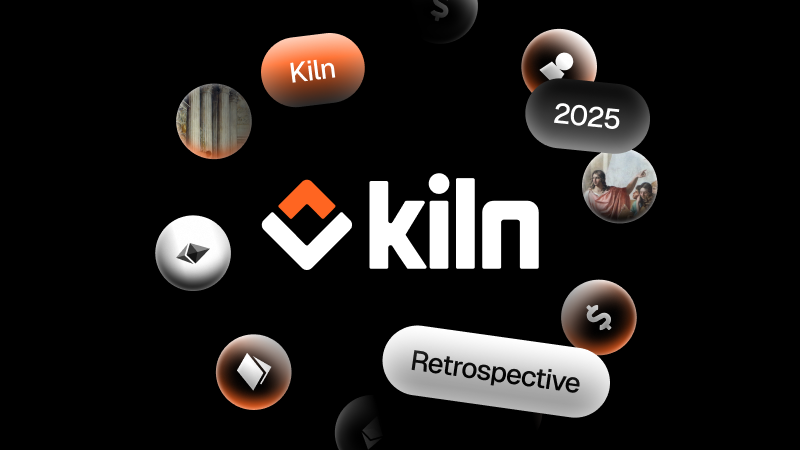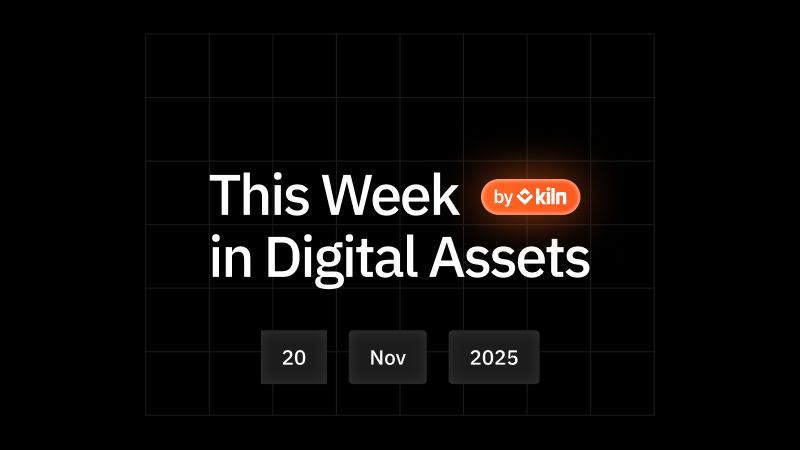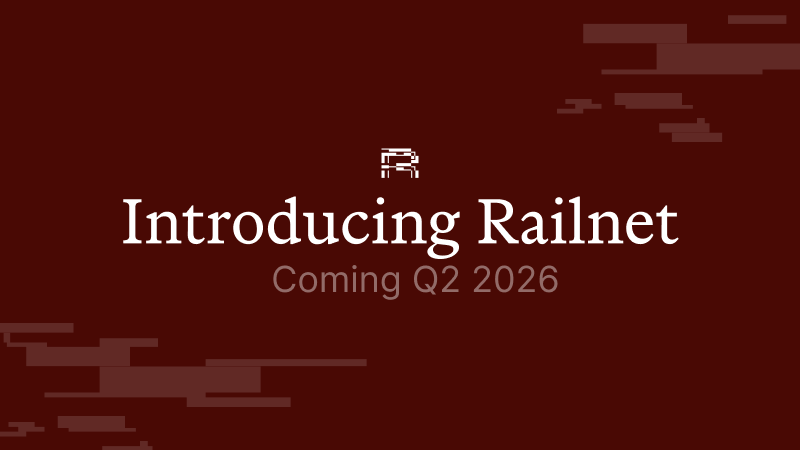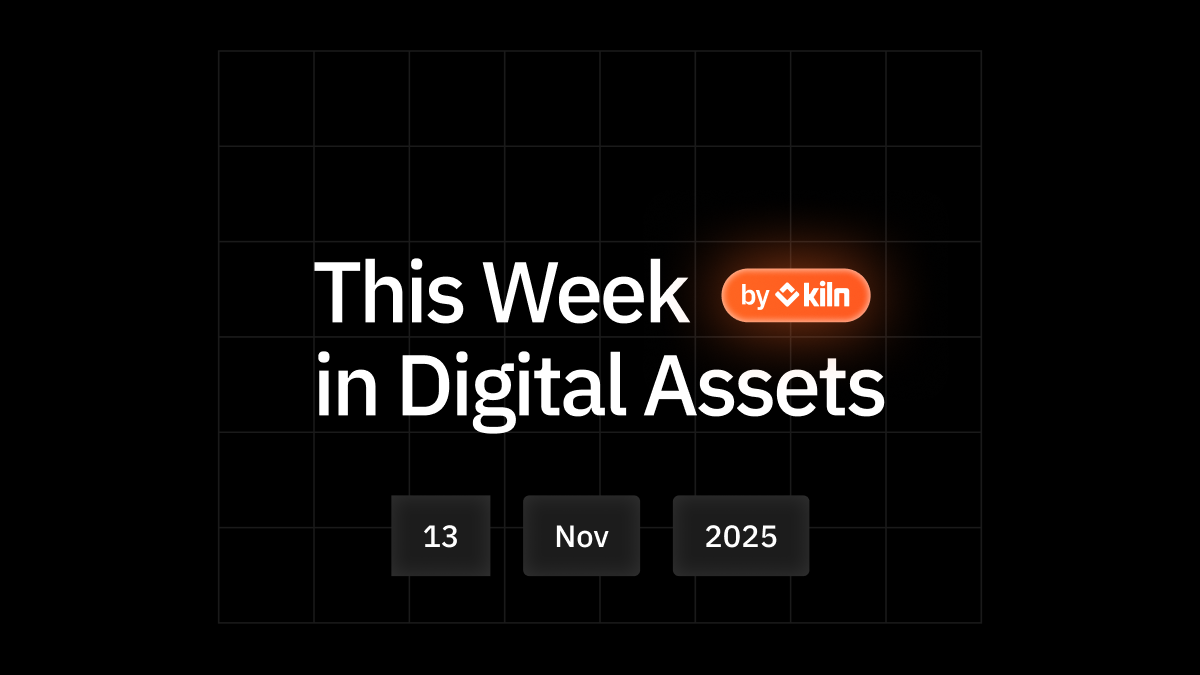This Week in Digital Assets: Chainlink runtime environment moves institutional tokenization to production
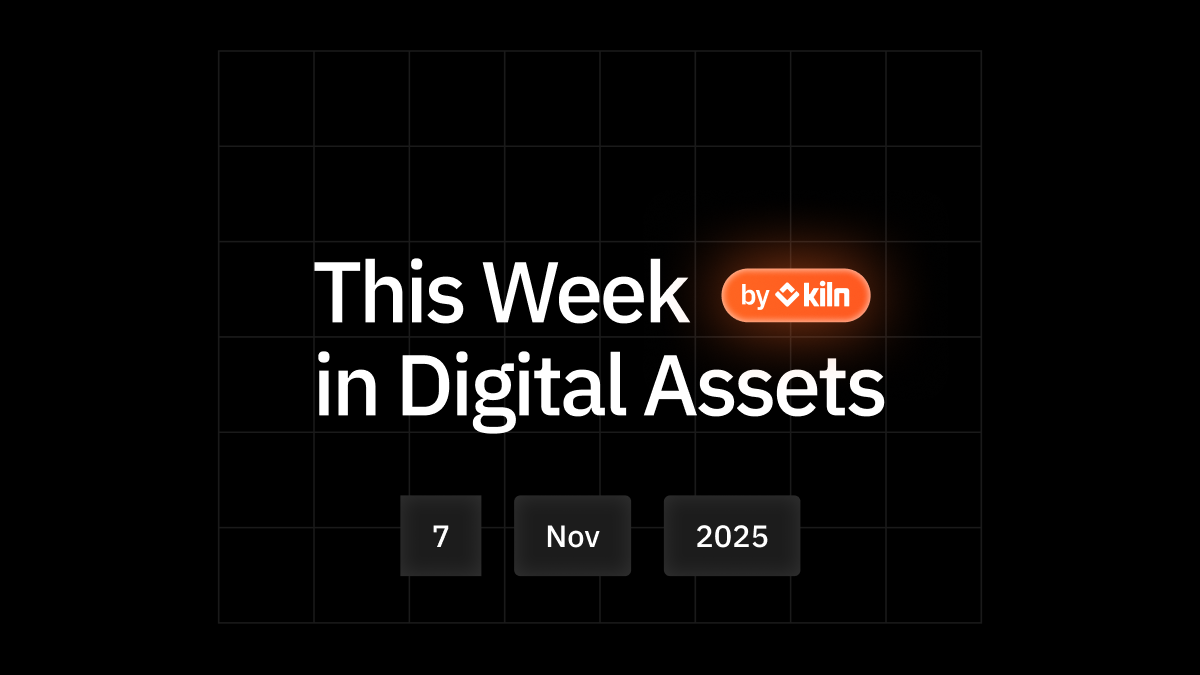 < Blog
< BlogChainlink this week announced the public launch of the Chainlink Runtime Environment (CRE), an orchestration layer that runs verifiable workflows across public and permissioned chains and connects them to existing financial systems. We view this as an inflection in how regulated tokenized funds and stablecoin programs move from pilots to production because CRE bundles cross-chain messaging, data, and compliance automation into a single runtime that institutions can adopt without rebuilding their infrastructure. The timing aligns with live transactions that demonstrate end-to-end fund operations and cross-chain settlement, moving beyond demos.
For example, Kinexys (JPMorgan’s blockchain unit) and Ondo Finance executed a cross-chain tokens-for-cash settlement on a private bank network and a public blockchain, with CRE orchestrating the atomic exchange of OUSG fund tokens against tokenized cash settlement. This closes the operational gap between bank rails and tokenized assets by reducing counterparty and settlement risk while automating end-to-end workflows across private and public chains. Similarly, UBS and DigiFT used CRE to run a live subscription and redemption for a tokenized money market fund. It handled the order through settlement and synced records with existing custody systems, so the process looked and felt like today’s fund operations, except fully just onchain. These proofs give CRE immediate relevance for institutions evaluating how to standardize on an institutional runtime for onchain workflows.
We are seeing real coordination around corporate actions and fund operations, pushing the market toward shared standards, with CRE directionally where the market is moving for how those workflows run. Recent trials with DTCC, Swift, Euroclear, and several large banks point to a model where common message formats trigger onchain actions through a single runtime instead of custom middleware for each project. If that continues and more teams build on CRE, the cost to launch a tokenized product drops, and the time from kickoff to live production shortens for firms that have already integrated.
While the benefits of CRE are clear, the considerations are natural for any shared orchestration layer. As adoption grows, the runtime must be transparent and resilient and supported by redundancy, so it does not become a bottleneck or a single point of dependency in critical workflows. We also think that governance must evolve with usage, and the security model must be continually tested across public and permissioned environments with clear disaster recovery and fallbacks for core services. Those requirements are foundational for institutions that want operational continuity and verifiable controls.
We expect network effects to define the winner in orchestration and onchain workflows. If CRE becomes the default runtime for institutional tokenization and regulated onchain capital market operations, we expect a pattern where reusable workflows spread across chains and market infrastructures. Each new integration increases the value of the network for the next issuer because more systems, custodians, and data providers are already connected and more policy templates are battle-tested. We believe CRE can play a role similar to a Java Standard Runtime in web2 because it offers a consistent execution model and integration surface across heterogeneous environments.
Disclosure: Kiln has adopted CRE to power our DeFi initiatives to deliver institutional yield products with transparent, compliance-focused access to onchain strategies.
About Kiln
Kiln is the leading staking and digital asset rewards management platform, enabling institutional customers to earn rewards on their digital assets, or to whitelabel earning functionality into their products. Kiln runs validators on all major PoS blockchains, with over $11 billion in crypto assets being programmatically staked and running over 5% of the Ethereum network on a multi-client, multi-cloud, and multi-region infrastructure. Kiln also provides a validator-agnostic suite of products for fully automated deployment of validators and reporting and commission management, enabling custodians, wallets, and exchanges to streamline staking or DeFi operations across providers. Kiln is SOC2 Type 2 certified.








